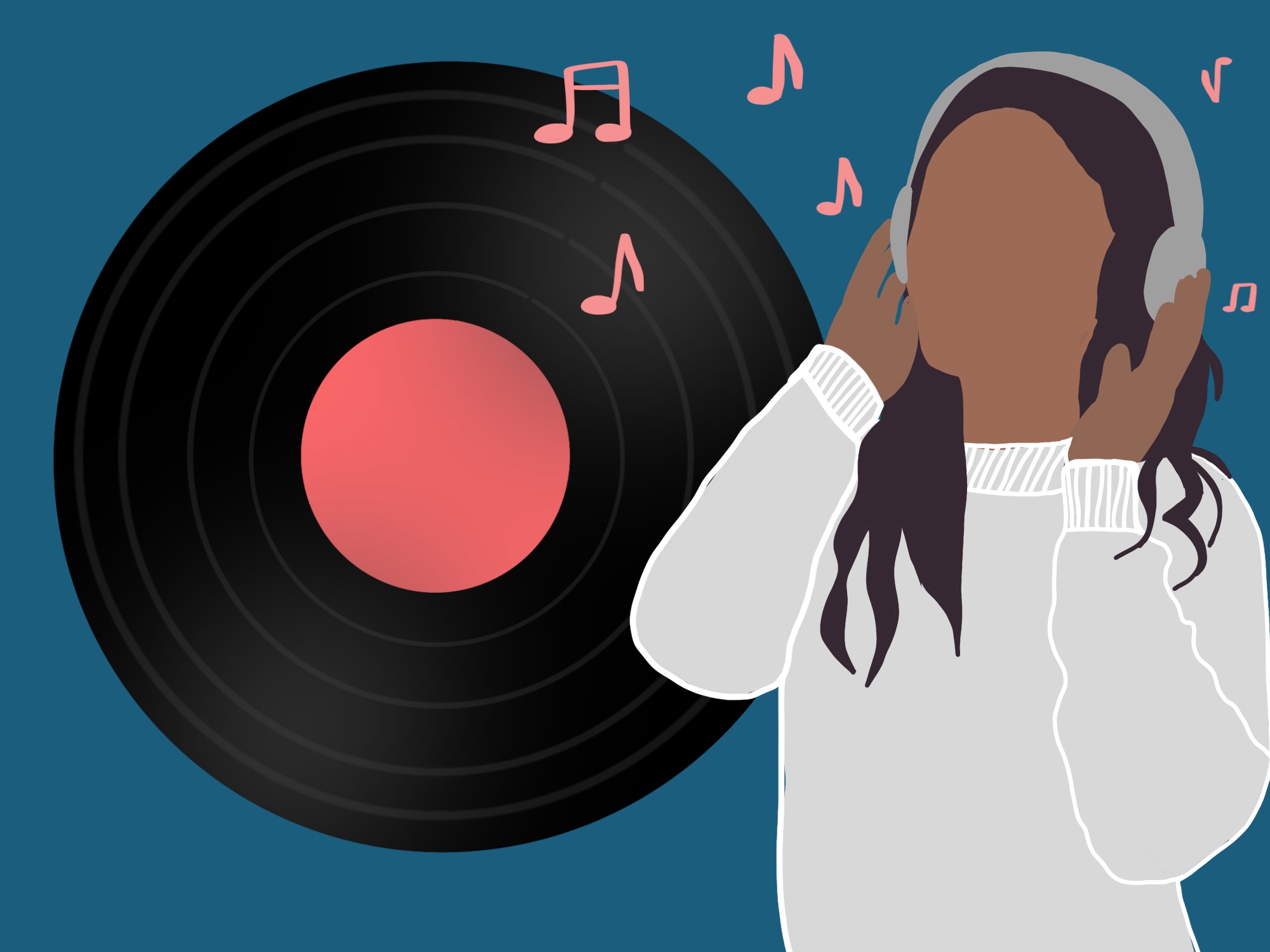
Anything can happen when the clock strikes midnight.
It can be a critical moment for overcoming past regrets or being overburdened by them — for falling in love or falling apart. As haunting as it can be hopeful, this time wields the power to transform lives, for better or worse.
No one understands this quite like Taylor Swift, an artist who spent her career lending a voice to the most indescribable feelings through her music. On her tenth studio album, Swift opens up about her midnights, honing in on the anxieties and passions that came to mind on many of her sleepless nights. The result is one of her most personal records to date.
Following a rollout characterized by secrecy and boundless theories, “Midnights” is just as enchanting and exhilarating as one could hope for. With the support of longtime co-producer and friend Jack Antonoff, “Midnights” finds Taylor returning to the pop genre in a way that is both welcome and familiar. From the intoxicating pulse of “Lavender Haze” to the ethereal nature of “Snow on the Beach,” the duo can ease listeners into a dreamlike and moody soundscape that serves as a riveting continuation of albums like “Lover” and “Reputation.”
Throughout the thirteen tracks, Swift utilizes the bulk of “Midnights” to reaffirm the greatest strengths of her storytelling abilities. Whether it be dancing shoeless in New York City or letting an incompatible relationship fade into oblivion, the memories she shares on “Maroon” and “Midnight Rain” are full of love and sorrow — beckoning for multiple listens to analyze every word. This thematic contrast is what gives the album its strong emotional allure, permitting listeners to imprint their midnights onto the narratives Swift establishes.
Taylor writes with an uplifting sense of clarity and purpose here, turning her pen inwards so she can confront her harshest insecurities head-on. For example, the chorus of “Anti-Hero,” the album’s lead single, sees Swift owning up to her inability to face her criticisms — “I’ll stare directly at the sun, but never in the mirror.” It’s an amusing and witty line, but it also shows an honest attempt at introspectiveness that carries over into the rest of the album. She’s even able to poke fun at her habit of being mysterious to her fans on “Mastermind” — “I’m only cryptic and Machiavellian, ‘Cause I care.”
However, not every aspect of “Midnights” works. Songs like “Karma” and “Vigilante Sh–” are more confusing than they are charming — reminding listeners that the Taylor Swift who made “ME!” is always hiding just around the corner. Furthermore, the subdued production of “Question…?” and “Sweet Nothing” allows them to fade into background noise, servicing the greater vibe of the album rather than standing on their own. These low points hardly make a difference when the project they belong to is so solid, but they are difficult to ignore in isolation.
While a brand new Taylor Swift album is rewarding enough, no surprise was greater than the deluxe edition of “Midnights” that dropped mere hours after the album’s release.
Reuniting with Folklore producer, Aaron Dessner, Swift takes a brief reprieve from synth-pop to grant her songwriting center stage throughout seven additional tracks that skew a bit more experimental in terms of production. The centerpiece of these bonus songs is “Would’ve, Could’ve, Should’ve,” a rumination on a relationship with a power imbalance that instantly suffices as one of the most heartbreaking, yet healing songs in Swift’s discography.
In essence, “Midnights” is a sleek pop record that eschews the indie stylings of its direct predecessors — a move that will be revered by some Swifties and reviled by others. Even if it doesn’t reinvent Taylor’s artistry as Folklore did, this exploration of the most difficult nights of her life is captivating and conceptually fascinating all the same.
If “Reputation” was an album about torching the past, “Midnights” decides to embrace it instead — however painful the reflections that follow might be. It is a record about choosing to open up one’s heart to the world when it seems like it is collapsing inwards. It also conquers the difficult thoughts that persist in the longest and loneliest hours.
At the very least, it will help in making even the worst midnights a bit more bearable.





















































































































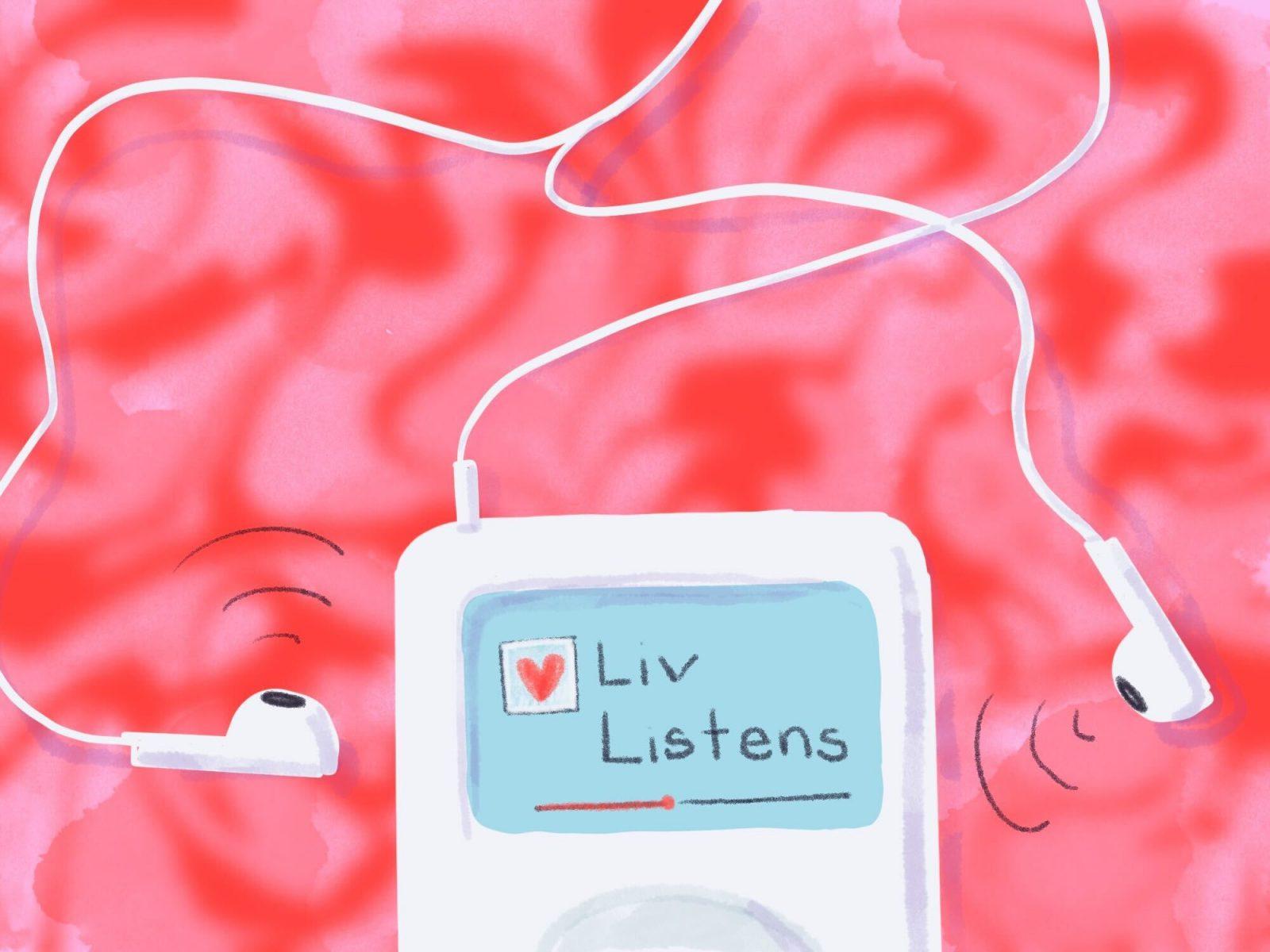



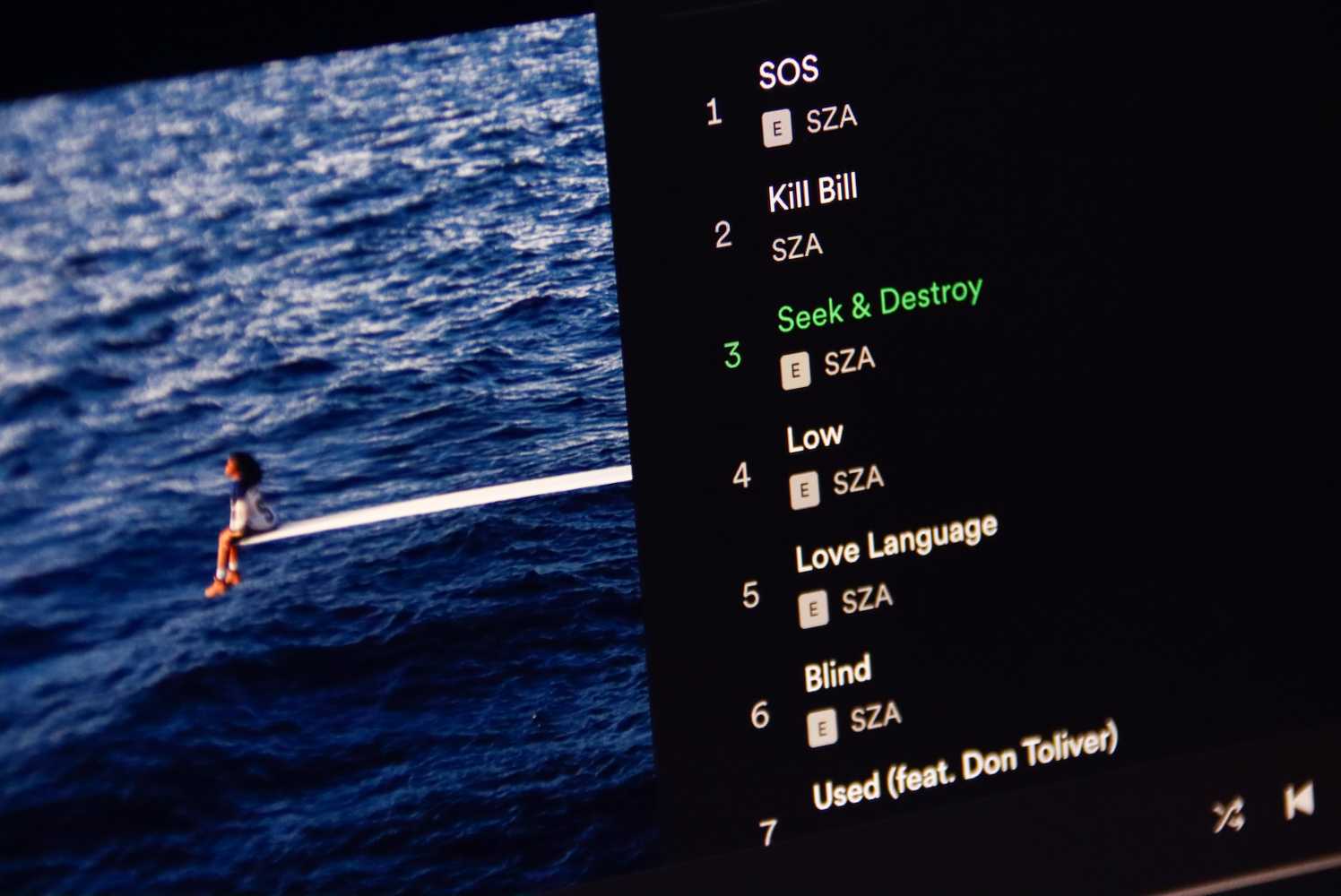



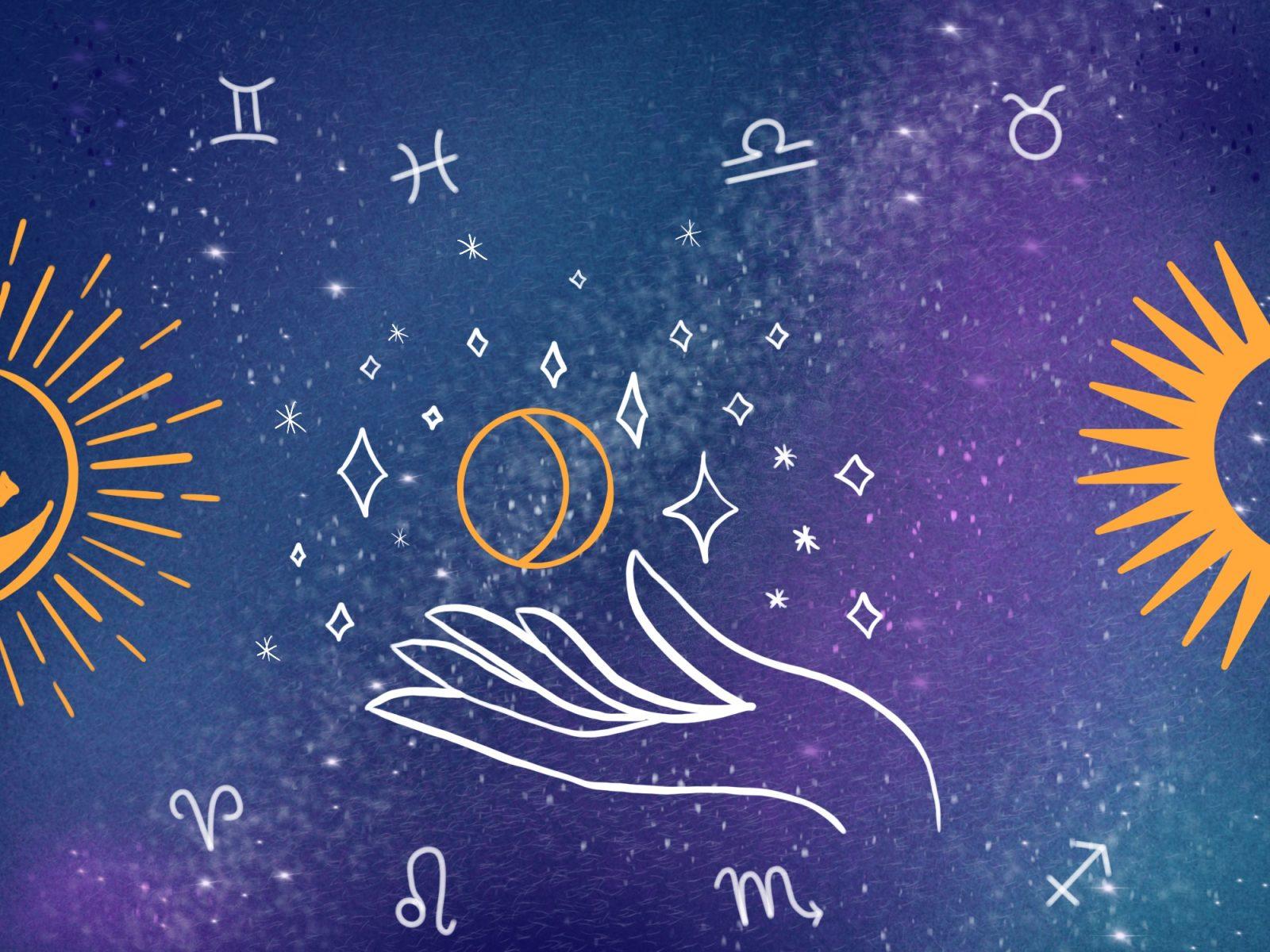
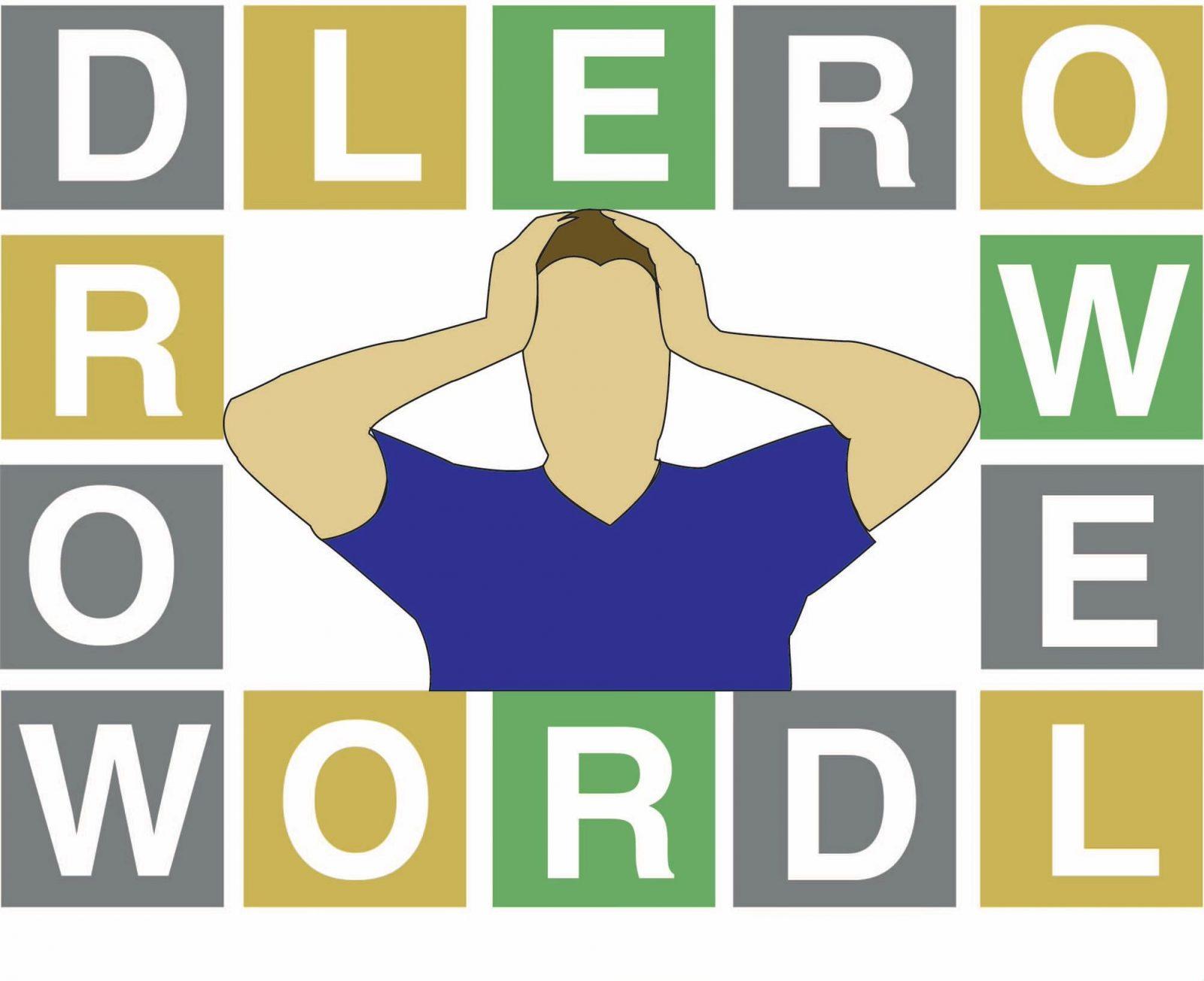
E. L. R. • Oct 26, 2022 at 3:06 am
Excellent review.